Calcium supplements: Heart attack risk or bone saviour
In these days of uncertainty, it is nice to have some certainty in your life, some known, knowns as Donald Rumsfeld so rightly said (even if he is the reason aspartame was made legal).

Here are a few things I know I can rely on:
My ability to eat colossal amounts of sushi. Seriously if it was an Olympic sport, I would be on the podium.
Floyds ability to look like a total dude 24/7.

GMB’s TV doctor Hilary Jones’s ability to talk utter nonsense about health in general, make up statistics , misunderstand the issues and then change his opinion to fit popular opinion.
But beyond that, you can guarantee that if someone has been diagnosed as having “osteoporosis” they will be taking calcium supplements from the GP, calcichew usually.
Now, beyond the fact that they are made from chalk (calcium carbonate – that is why they complain they are “chalky”) which is hard to absorb.
They are prone to gastric symptoms like bloating and gas because it lowers stomach acid and they struggle to break their food down.
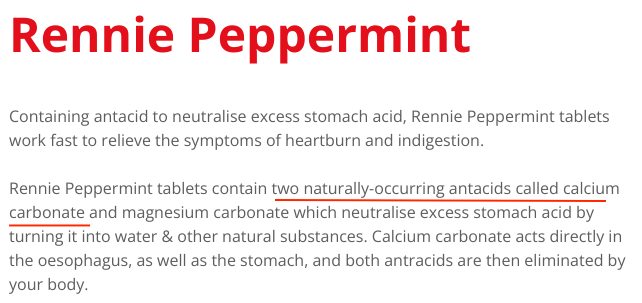
Both these things combine to make compliance with them very poor.
But here is the real issue with calcium supplements.
Are they harmful or helpful?
Now the question has some nuance that we need to dig into.
– Are they getting enough calcium through their diet?
– Are they absorbing it? We need vitamin D for that and decent stomach acid levels.
– Is the calcium once absorbed going into the bones?
Dairy really is a great source of calcium. The issue is, if they are intolerant to the protein in dairy (casein) then any benefits are negated and then some by the inflammation that it creates.

Plus, we need to maintain a level pH in the blood and dairy leaves an acid residue. To combat the acidity, we must then buffer this and a good way is to mobilise minerals from the bone, like calcium and magnesium.
So if they do not have a balanced diet with good amounts of vegetables, that could be an issue.
We should also consider the digestive capacity. Are they on proton pump inhibitors?
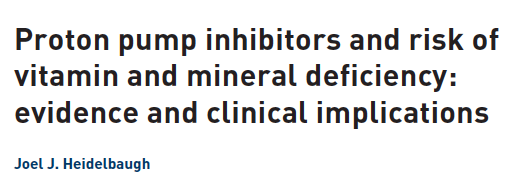
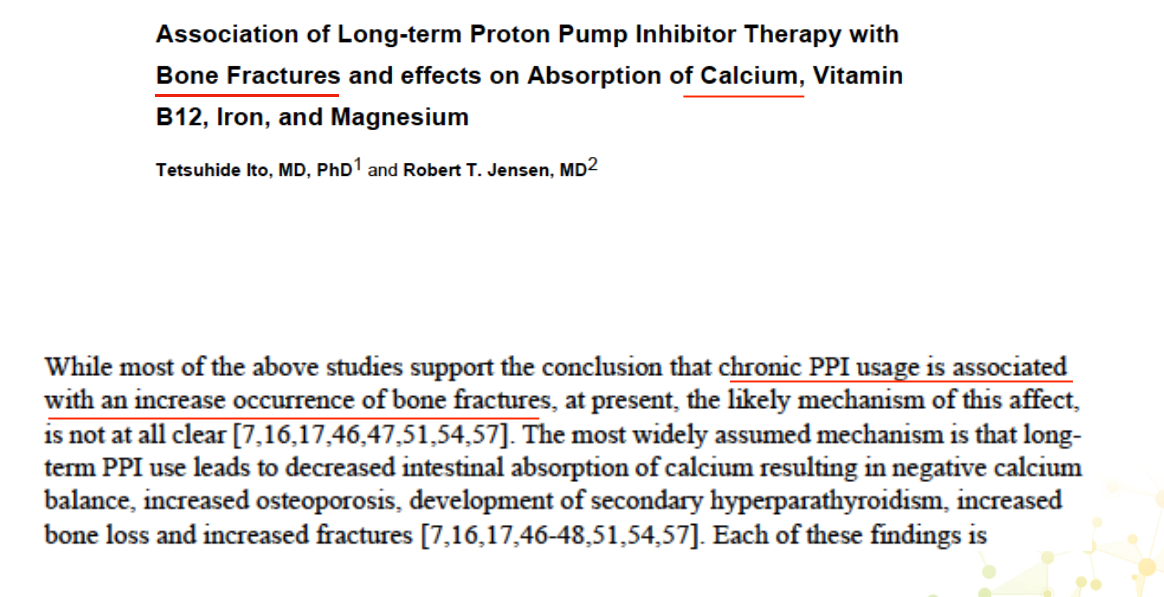
Are they at a minimum of 85 nmol/L vitamin D level?
Remember from 50 up to 85 nmol/L, we absorb an extra 65%, a huge amount.
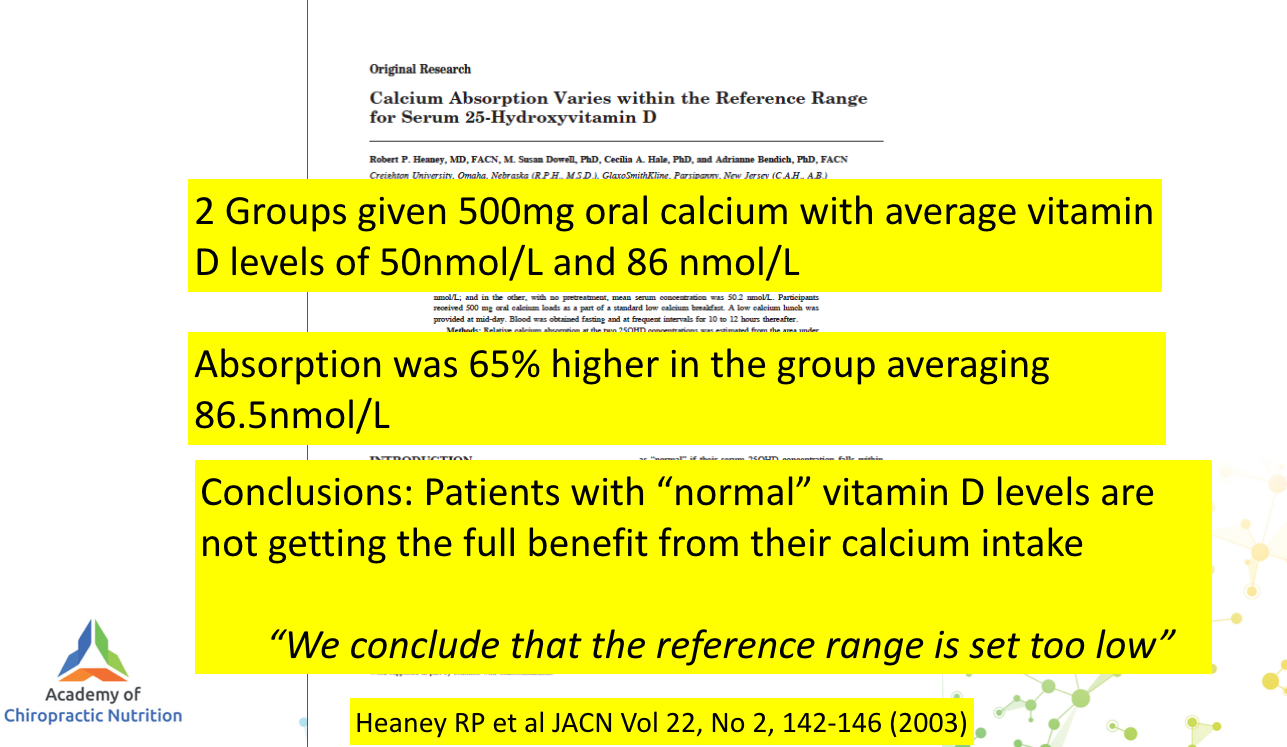
Once it is in the blood, is it going into the bones or could it end up in the arteries?
Did you know there is a relationship between osteoporosis and heart disease?


It is our old friend vitamin K2 that turns on the bone protein osteocalcin in the bone that sucks calcium to harden the bone.
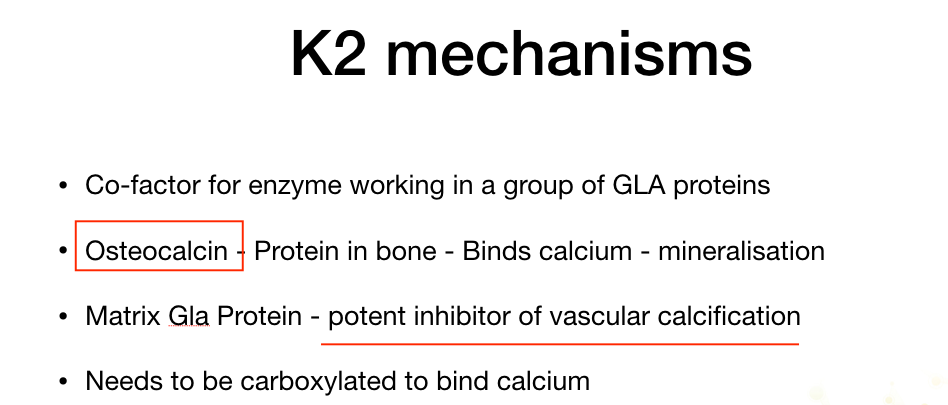
That is why it is so crucial we use vitamin K2 when we give them vitamin D.
It is not so much the immediate effects but the longer term that is the issue with worse bone health and higher chance of heart issues.
Remember, the main form found in nature, made by every mammal on the planet and then put in breast milk (and thus dairy) is MK4.
That is what the vast majority of research done on bone health has used.
We also need MK7 as a backup, with the two combined to a total ideally of 200 mcg daily.
That is exactly what you will get when you take a sublingual D3/K2 (100mcg K2-MK4 and 50 mcg K2-MK7) and one a day multi essential (50 K2-MK7 mcg) from IN Health supplements.
Try looking at the forms and doses on other brands and see the difference.
This is probably why there is a good amount of research to suggest that calcium supplements increase the risk of heart attacks.


And why there are now debates about whether any benefits, in general, are outweighed by the increased risks?

For me, I do it on a personal basis, how can it be patient-centred otherwise?
If calcium intake is low, or digestion is impaired, I will suggest some calcium citrate (usually for the older patients) or a calcified seaweed-based one for the younger patients).
Vegan patients can theoretically get all the calcium from green leafy veg, but in practice most are eating a lot of processed junk food and the oxalates and phytic acids in green veg can stop calcium being absorbed.
ACTIONS TO TAKE:
– Ask older patients on calichew, if they would prefer a capsule to swallow and a nice tasty sublingual D3 with K2.
– Explain the benefits of K2 on the bones and the heart.
